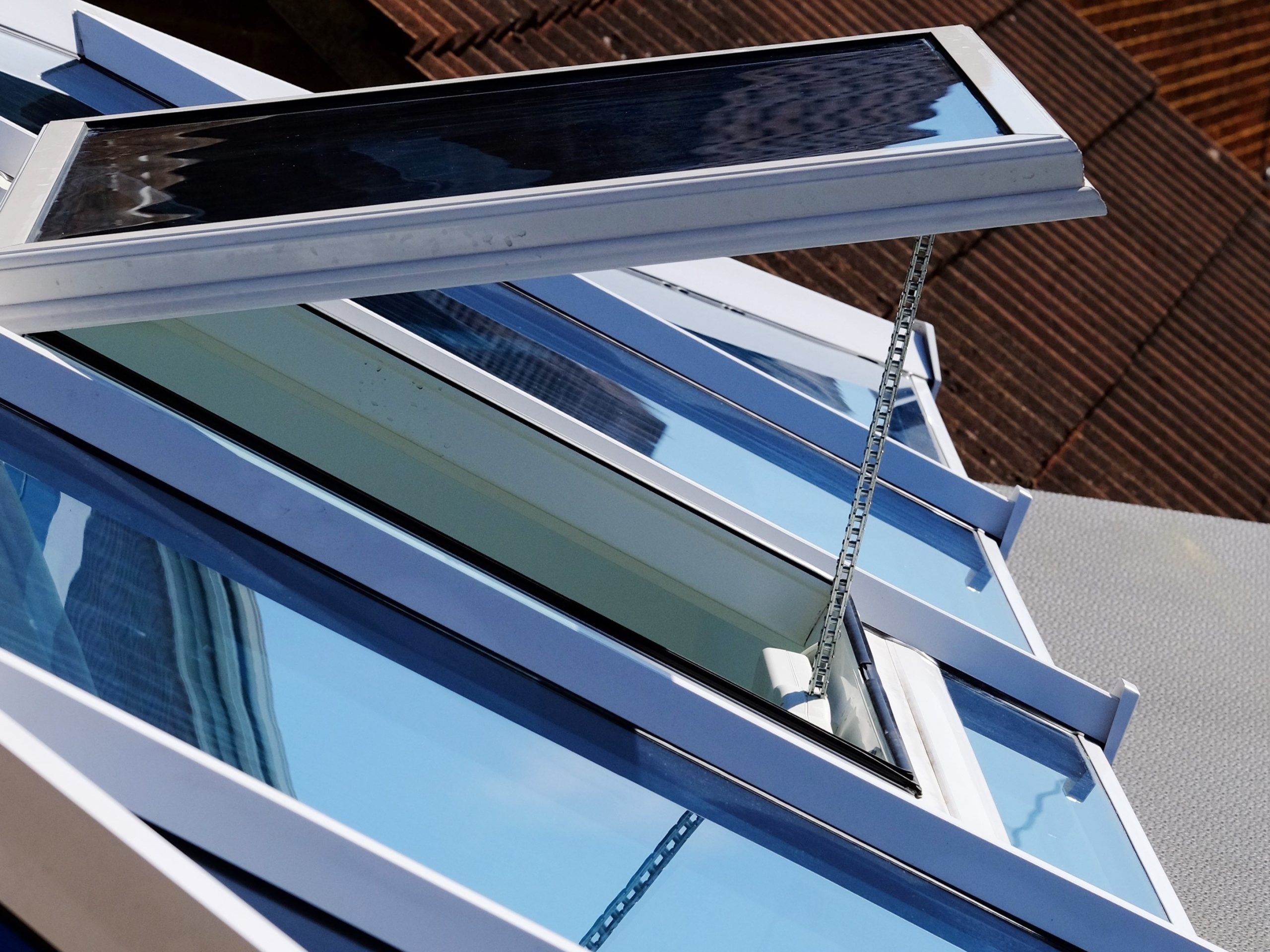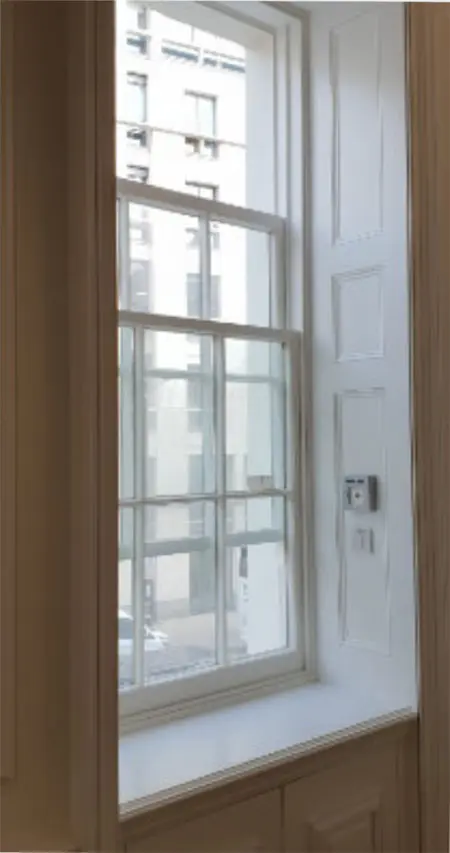Fire regulations are continuously changing and improved to help ensure the protection of building structures and those individuals inside them are at the best they can be.
Fire Safety Regulations in the UK
The regulatory reform (Fire Safety) that would become the law in October 2006, saw a change in how fire safety of buildings would be managed and put in place from then on. It’s important that all buildings have the appropriate fire safety regulations in place to prioritise the safety of those in the building and of the building itself.
Fire Safety Regulations that Are in Place in the UK
There have been many updates to the fire safety regulations in 2021, with focus on high-risk residential buildings. These include changes involving the introduction of duty holders, responsible for managing risks across design, construction and occupation of buildings as well as mandatory reporting to the Building Safety Regulator of any fire and structural risks that could cause risk to life.
Passive Fire Protection is a provision that requires all UK buildings, regardless of whether they’re domestic or non-domestic to be in accordance with the Building Regulations 2010, Fire Safety, Approved Document B.
All buildings must have high fire resistant qualities, especially those in public establishments or very tall buildings. These factors that are met will influence the amount of fire protection the building has and for the structure to withstand a fire for a set time.
When it comes to UK fire regulations, these strict rules are put in place to help protect everyone, no matter what building they may be in.
Want to know more?
If you want help choosing the right product or solution, our technical sales staff are here to help.
Why not call us today on 01702 826 267 or click below to submit an enquiry.
Related Posts
- Why Choose Sliding Sash Windows for Better Ventilation
Sliding sash windows are a timeless window style that continues to suit both period and contemporary buildings.
 Electric Actuators vs Manual Openers: Which Is Right for Your Ventilation Needs?
Electric Actuators vs Manual Openers: Which Is Right for Your Ventilation Needs?Ventilation plays a critical role in maintaining indoor air quality, temperature control, and energy efficiency.
 How to Use Electric Window Actuators in a Greenhouse
How to Use Electric Window Actuators in a GreenhouseMaintaining the right environment in your greenhouse is essential for healthy plant growth. One of the most effective ways to regulate temperature and humidity is through a reliable ventilation system. That’s where electric window actuators come in.

